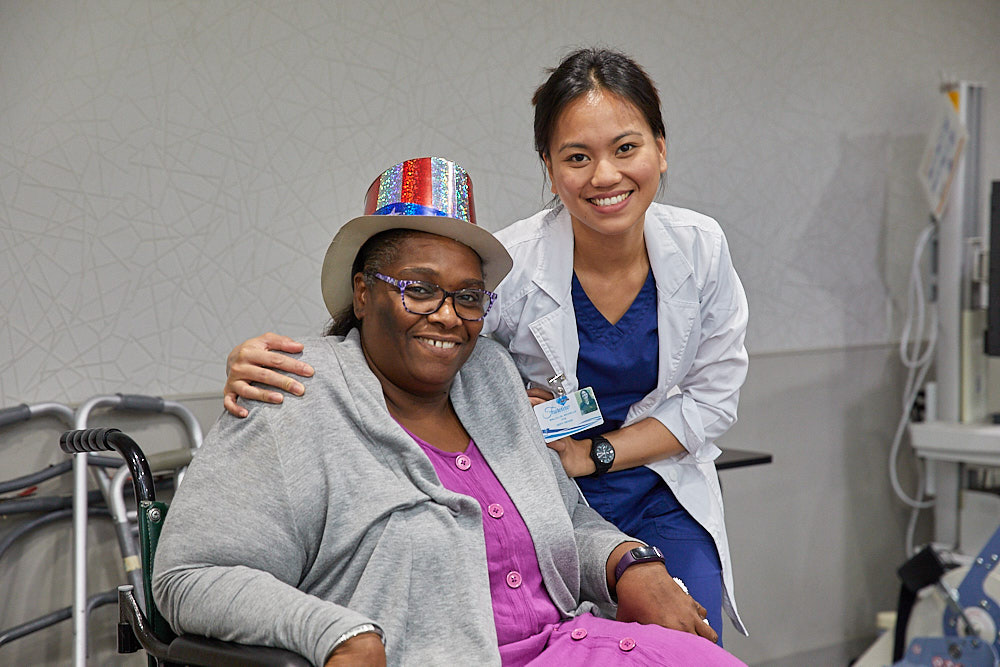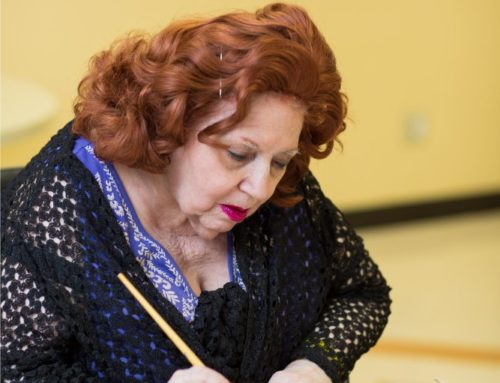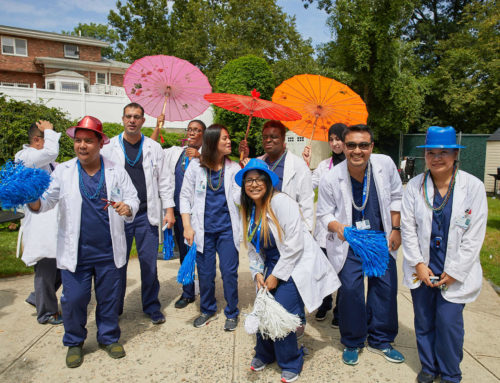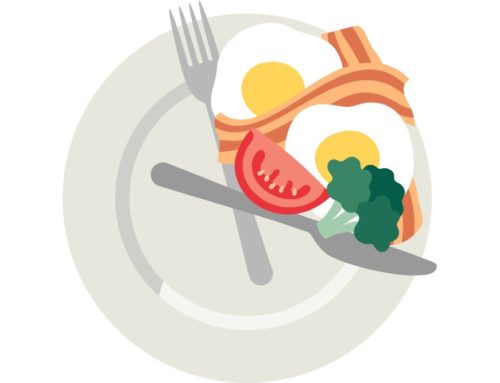Can A Chronic Wound Heal on Its Own?
Most wounds heal on their own, with minimal medical intervention during the process. Chronic wounds are different, often remaining open, inflamed, bleeding, and painful indefinitely. Recovery from these long-term issues begins with learning the reason for the halted healing.
Possible causes include surgery, one or more infections, or medical conditions like diabetes. Medical assistance can determine why the wound isn’t healing and solve the problem. Recovery may require proper wound care, including assessing the damage and creating a customized treatment plan. Let’s look at why your wound may not be healing.

Why are Chronic Wounds So Difficult to Heal?
Wounds go through a few stages of healing. The inflammatory stage occurs during the first few days, causing redness, heat, and swelling while the body cleans the area. In the proliferative or fibroblastic stage, collagen grows, shrinking the wound, while capillaries create blood vessels in the new skin. During the maturation stage, more collagen is added, closing the wound, and fading the scar.
Chronic wounds are stuck in the inflammatory stage, preventing the body from healing. This halt in recovery could result from several possible problems, depending on the individual. Some issues are fixable with simple alterations, while others require medical attention. Let’s see some common causes:
Age – Seniors require longer recovery time, so age is one factor to consider.
Lifestyle choices, such as an unhealthy diet or cigarette smoking, slow healing while increasing the risk of complications.
Exposure to the air dries the wound, slowing recovery. Some medications interfere with the healing process. Varicose veins restrict circulation, causing swelling.
Consistent pressure on the wound when immobile or repeatedly bumping the wound also slows recovery.
Medical conditions – Some more serious issues are also related to chronic wounds. Some medical conditions, like diabetes or anemia, reduce circulation and immune functions, preventing proper healing.
Persistent bleeding is also an issue since it prevents the area from closing.
Bacteria in the wound leads to infection, which stalls healing while the body fights it off.
Surgical wounds are more severe and have several complication risks, often requiring lengthy recovery periods.
Can it heal on its own
Though most wounds heal on their own, chronic issues rarely do so. As discussed above, the cause is usually unrelated to the wound itself. Leaving it alone and hoping for the best won’t magically encourage recovery. Diagnosing the problem and treating it accordingly is the only way to speed up the process.
Of course, you’ll likely have difficulty determining why the wound takes so long to heal when on your own. Your doctor can help by examining the area, checking your medical history, and running the necessary tests. Once the cause is found, they’ll determine the proper treatment to solve the problem.
For some, simple changes are all it takes. These include keeping the wound clean and changing the dressing regularly. Avoiding cigarettes and alcohol improves healing. Eating a healthy diet, including lean meats, eggs, whole grains, dairy products, fruits, and vegetables, is also vital.
For others, medical intervention is the only solution. Removing dead tissue, treating infection, or managing underlying medical conditions may be recommended. Your doctor will determine the best course of action to eliminate your chronic wound.
Resources:
https://www.ncbi.nlm.nih.gov/pmc/articles/PMC5339604/
https://www.betterhealth.vic.gov.au/health/conditionsandtreatments/wounds-how-to-care-for-them
https://www.summahealth.org/flourish/entries/2020/07/6-reasons-why-your-wound-wont-heal
https://utswmed.org/medblog/time-tissue-tips-manage-and-prevent-chronic-wounds-and-ulcers/
https://intermountainhealthcare.org/services/wound-care/wound-care/treatments/chronic-wound-care-home-instructions/#:~:text=Normally%20the%20skin%20heals%20quickly,require%20special%20care%20to%20heal
This article contains informational and educational materials and does not replace health or medical advice. For questions or concerns regarding your medical condition or health objectives, speak to a qualified physician or healthcare provider.






Leave A Comment